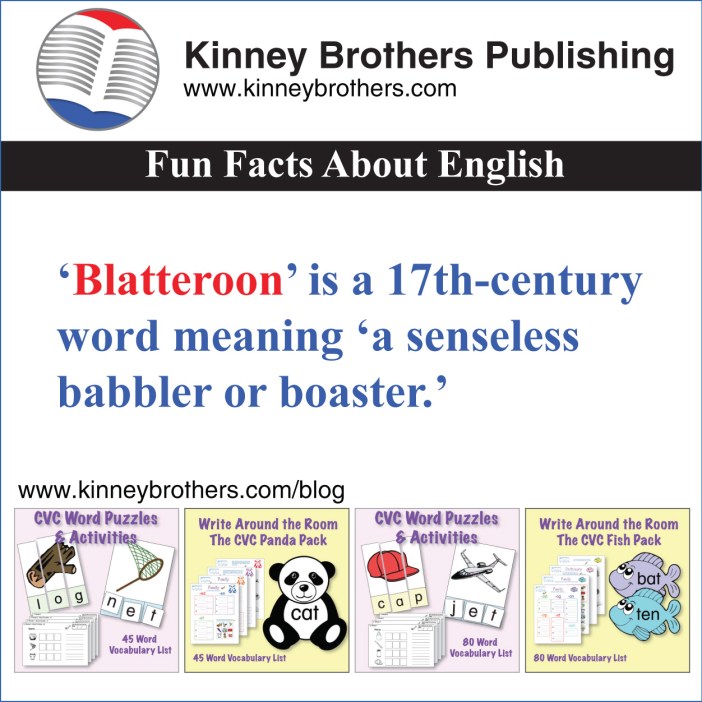
According to the Oxford English Dictionary, “autological” is from the rare 17th-century noun “autology,” meaning “self-knowledge or the study of oneself.” In the 20th century, we use it to describe a word having or representing the property it denotes, e.g., “noun” is a noun, “English” is English, and “pentasyllabic” has five syllables.
The dictionary’s earliest recorded use of “autological” is from a paper by F. P. Ramsey published in 1926 in Proceedings of the London Mathematical Society:

Since adjectives describe things, including words, most autological words are adjectives. Nouns and verbs can also be self-descriptive, such as “abbrv.” and “read” when read. Phrases can be autological as well, e.g., “three words long” is three words long.
A word’s status as autological can change over time. “Neologism” means “a newly coined word or expression” and is no longer autological as it was attested in 1772. “Olde,” on the other hand, will continue to be autological for the rest of time.
The opposite of autological, as Mr. Ramsey stated above, is heterological – a word that doesn’t express a property of itself, e.g., monosyllabic, yellow, or square.
Here is an entertaining short-list of autological words:
- polysyllabic
- CAPITALIZED
- portmanteau
- unhyphenated
- prefix
- real
- visible
- fifteen-lettered
- numberless
- typed
- black
- bold
- link
- is
- readable
- noun phrase
- end
Finally, to confuse matters a bit, what’s known as the Grelling–Nelson paradox, emerged from the definitions of autological and heterological.
The question:
“Is non-self-descriptive non-self-descriptive or self-descriptive?”
The paradox:
If it is self-descriptive, then non-self-descriptive is non-self-descriptive. But if non-self-descriptive is non-self-descriptive, then it does describe itself, so it must be self-descriptive.
If you enjoyed this post, you might check out these posts about contronyms, acronyms, eponyms, and capitonyms!
Go to the previous or next Fun Facts About English.

Check out all the Tic-Tac-Toe games in Donald’s English Classroom! When it comes to vocabulary-building activities, board games and puzzles are excellent for introduction, review, or just fun!











